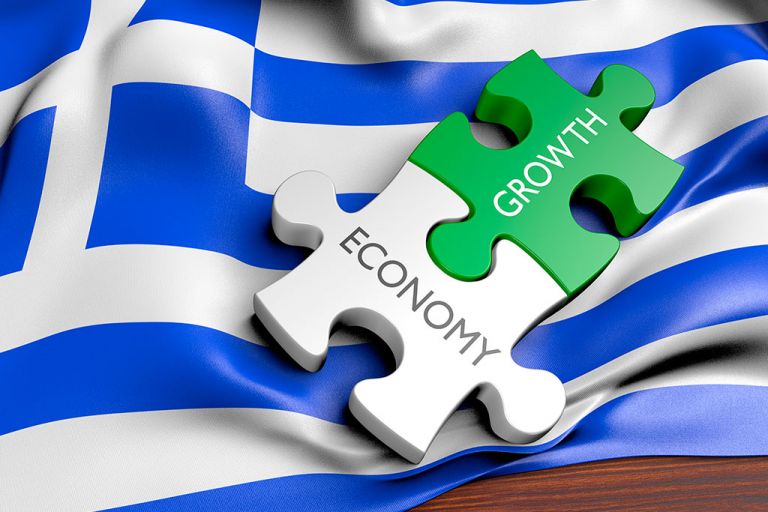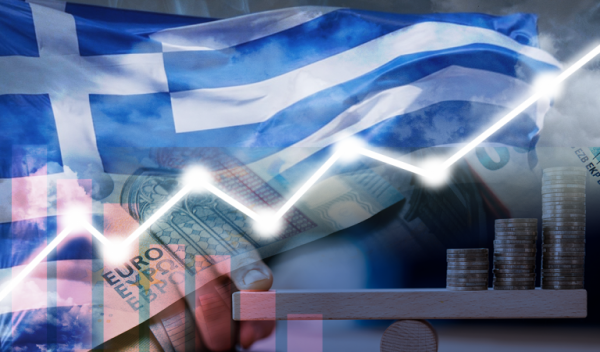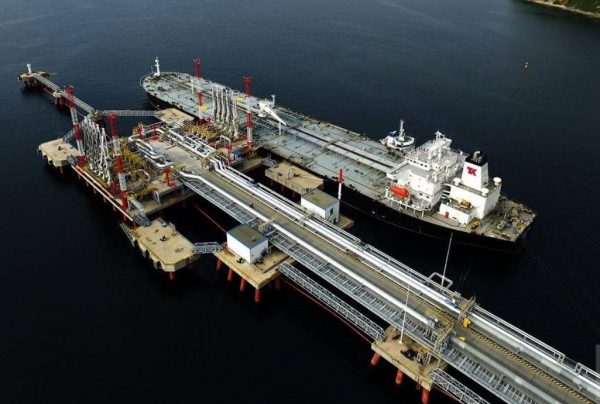
The new course to recovery that is being opened in Greece by the money of the European Recovery Fund, but also the interest rates that remain negative, refers to an extensive report by Handelsblatt from Athens, which is signed by Gerd Heller. “30.5 billion euros will be channeled to Greece by 2026. The amount corresponds to 18.4% of GDP in 2020. In terms of their economic performance, only Bulgaria and Croatia will receive more money,” the report notes. Noting that the concern about whether the money is used properly, does not only have to do with the Deputy Minister of Finance Theodoros Skylakakis.
“Many in the EU view Greece with suspicion. “During the debt crisis, the country was twice on the verge of national bankruptcy.”
The report recalls Greece’s rescue programs during the crisis and notes that “the country still bears a heavy legacy of the crisis”, with the national debt ratio amounting to 206% of GDP (the highest in the eurozone) and unemployment in 16%.
“Greece had just begun to recover from the eight-year crisis, when the coronavirus crisis came. “In 2020, the economy shrank by 8.2%,” the report notes. But then came the Recovery Fund. “With the money from Brussels,” a new era “begins for the country,” says Skylakakis. ”
The report refers extensively to the 2,000 page long Greek project “Greece 2.0” which concerns the utilization of the Fund’s resources. “The recovery plan offers the Greek economy a unique opportunity to fill its investment gap, reduce high unemployment and improve economic growth – provided the country implements reforms quickly and fully,” said Giannis Stournaras. Governor of the Bank of Greece, in Handelsblatt.
Recovery Fund: The last chance for Greece?
According to CSU MEP Markus Ferber, the Greek debt remains very high, but is currently sustainable “because interest rates remain low and the ECB is an active buyer in the secondary markets”. He emphasized, however, that no one could rely on this to continue in the future and said that the reversal of this trend should begin now. “But others see it differently,” the report notes, citing, for example, the upgrade of the country’s credit rating from BB to BB and the yields on five-year government bonds. “Interest rates are low, the repayment of aid loans reaches 2070. This reassures investors.
“The growth prospects are also good,” the report notes elsewhere. According to the chief economist of Berenberg Bank Holger Smindink “after turbulent years, the Mitsotakis government has managed to restore the trust of citizens, Europe and investors in Greece.”
Finally, regarding the Recovery Fund, Marcus Ferber comments that “in a sense this is the last chance for Greece to return to the forefront”. However, he sees positive elements in the “ambitious Greek plan” and as he says “fortunately Greece is not only focusing on investments but also on structural reforms”.
Latest News

Cost of Living: Why Greece’s 3% Inflation Is Raising Alarm
Greece appears to be in a more difficult position when it comes to price hikes, just as we enter the era of Trump’s tariffs.

Fitch Ratings Upgrades the Four Greek Systemic Banks
NBG’s upgrade reflects the bank’s ongoing improvements in its credit profile, Fitch notes in its report, including strong profitability, a reduction in non-performing exposures (NPEs), and lower credit losses

Trump to Announce Sweeping New Tariffs Wednesday, Global Retaliation Expected
With Trump's announcement just hours away, markets, businesses, and foreign governments are bracing for the fallout of one of the most aggressive shifts in U.S. trade policy in decades.

Inflation in Greece at 3.1% in March, Eurostat Reports
Average inflation in the eurozone settled at 2.2%, compared to 2.3% in February

Greece’s Unemployment Rate Drops to 8.6% in February
Despite the overall decline, unemployment remains higher among women and young people.

Jerry Kalogiratos Highlights Key Role of Energy Transition and Data Demand in LNG Outlook
Energy transition and the prospects of LNG were discussed at Capital Link’s 19th Annual International Maritime Forum, during a panel discussion with Jerry Kalogiratos (Capital Clean Energy Carriers Corp.)

Santorini Safe and Ready for a Dynamic Tourism Season
Authenticity, cultural heritage, and genuine experiences at the center of Santorini's new promotional campaign

Electricity Bills: Greece Announces Reduced Tariffs Schedule
Greece will now offer lower electricity rates between 11:00-15:00 and 02:00-04:00

Chevron Confirms Eyeing Natural Gas Exploration South of Crete
Chevron recently declared its intent to explore a third area, south of the Peloponnese.

Evangelos Marinakis: A time of change from which shipping can benefit
Speaking at the 19th Annual Capital Link International Shipping Forum Evangelos Marinakis stressed the challenges that shipping faces today












![Τουρκία: Μεγάλες βλέψεις για παραγωγή ηλεκτρικών οχημάτων [γράφημα]](https://www.ot.gr/wp-content/uploads/2025/03/ot_turkish_autos-90x90.png)











![ΕΛΣΤΑΤ: Αυξήθηκε η οικοδομική δραστηριότητα κατά 15,6% το Δεκέμβριο [πίνακες]](https://www.ot.gr/wp-content/uploads/2025/03/DSC9655-2-1024x569-1-90x90.jpg)

















 Αριθμός Πιστοποίησης
Αριθμός Πιστοποίησης